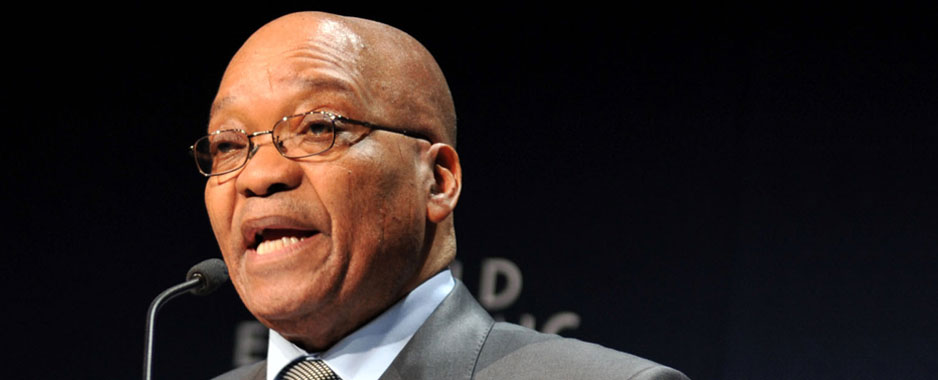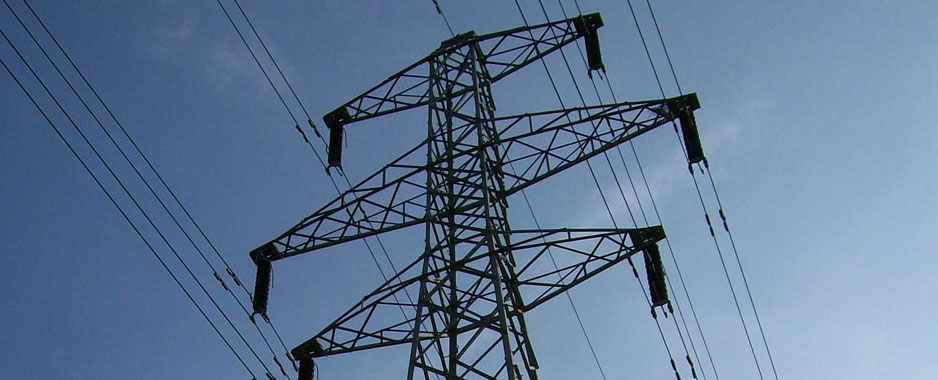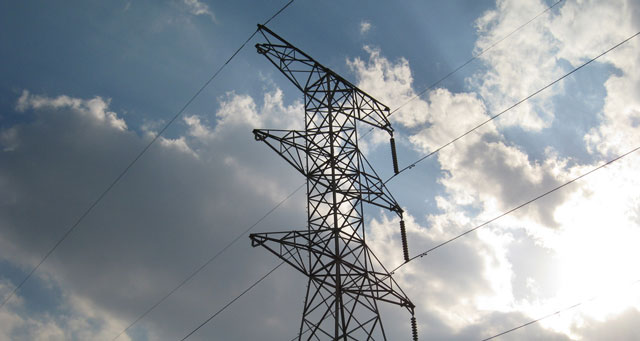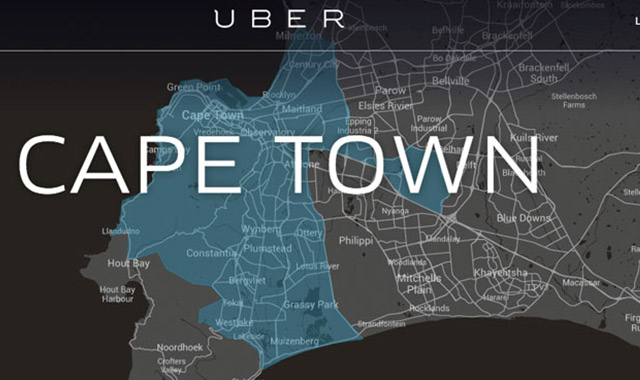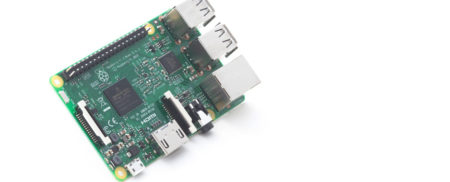South Africa’s political landscape is shifting almost by the hour. The gloves are off in a power struggle that pits President Jacob Zuma against a group of reformers, led by finance minister Pravin Gordhan. It is a high-stakes drama that has profound, long-term
Browsing: In-depth
Nuclear fuel is not a big expense and South Africa will initially use imported fabricated fuel, energy engineer Andrew Kenny told the Power & Electricity World Africa 2016 conference in Sandton on Tuesday. Kenny’s statement comes
It’s not every day that I feel the need to fight with Martin Wolf. The Financial Times commentator is an eminently respectable analyst and most of the time makes good sense. However, last week he sort of lost the plot. Wolf has written that technology will do to finance
South Africa has made domestic and international commitments to climate change mitigation. But the country continues to depend on coal-fired power plants, which provide 92% of its electricity. A key challenge for the country in dealing with electricity shortages is
A recent spate of Sim-swap fraud cases saw First National Bank and MTN South Africa portrayed as the least trustworthy companies in their respective industries. Dozens of people have fallen victim to the Sim-swap scam, having hundreds of thousands of rand
Our modern world is based on semiconductors. In addition to your computer, cellphones and digital cameras, semiconductors are a critical component of a growing number of devices. Think
Trade & industry minister Rob Davies published a draft aligned ICT sector code for public comment in the Government Gazette on 24 February 2016. Five days later, on 29 February, the minister
Online marketplaces, also known as platform companies, are sprouting up everywhere and redefining business in every industry. “The Uber of…” has become shorthand for tech start-ups
In December 2015, the FBI traced the leak of Quentin Tarantino’s The Hateful Eight back to a Hollywood executive. According to The Hollywood Reporter, watermarks on the leaked copy led to
Four years after the original Raspberry Pi arrived in February 2012, the new Raspberry Pi 3 has landed, kitted out with a considerably faster, 64-bit quad-core ARM Cortex 1,2GHz processor and


